[Anchor]
The U.S. reciprocal tariff exemption period will expire in just over ten days.
However, the White House has indicated that this deadline may be extended.
This is due to sluggish negotiations with counterpart countries.
Kim Kyung-soo reports from Washington.
[Report]
The United States has set the reciprocal tariff negotiation deadline for next month on the 8th, but negotiations with the European Union and Japan, except for the UK, are not progressing.
If reciprocal tariffs of several dozen percent by country are not to be applied as they are, it is a reality that the remaining ten-day exemption period must be extended.
[Karoline Leavitt/White House Spokesperson: "Perhaps they could be extended. But that's the decision for the President to make."]
President Trump, who has the decision-making power, has also hinted at extending the exemption.
He has threatened to unilaterally announce reciprocal tariff rates if an agreement is not reached, but this seems to have a strong negotiating character.
[Donald Trump/President of the United States/On June 11: "I would. But I don't think we're going to have that necessity."]
Our country had previously agreed with the United States to resolve major tariff issues all at once before July 8, but high-level Korea-U.S. consultations have been delayed due to early elections and other factors.
[Yeo Han-goo/Head of Trade Negotiation Headquarters, Ministry of Trade: "I think you won't need to use the term 'July package' (July comprehensive agreement) anymore. The current situation in the U.S. is also very variable."]
Yeo Han-goo, who is leading the tariff negotiations for the new government, is visiting Washington this week to convey demands such as the reduction of tariffs on automobiles, which are major export items.
In the meantime, the U.S. Department of Commerce has begun work to expand the scope of automobile parts subject to a 25% tariff.
Our parts manufacturers, who are already paying additional tariffs on automobile parts exported to the U.S. such as engines and transmissions, will inevitably face increased cost burdens if the number of tariff-imposing items increases.
This is Kim Kyung-soo reporting for KBS News from Washington.
The U.S. reciprocal tariff exemption period will expire in just over ten days.
However, the White House has indicated that this deadline may be extended.
This is due to sluggish negotiations with counterpart countries.
Kim Kyung-soo reports from Washington.
[Report]
The United States has set the reciprocal tariff negotiation deadline for next month on the 8th, but negotiations with the European Union and Japan, except for the UK, are not progressing.
If reciprocal tariffs of several dozen percent by country are not to be applied as they are, it is a reality that the remaining ten-day exemption period must be extended.
[Karoline Leavitt/White House Spokesperson: "Perhaps they could be extended. But that's the decision for the President to make."]
President Trump, who has the decision-making power, has also hinted at extending the exemption.
He has threatened to unilaterally announce reciprocal tariff rates if an agreement is not reached, but this seems to have a strong negotiating character.
[Donald Trump/President of the United States/On June 11: "I would. But I don't think we're going to have that necessity."]
Our country had previously agreed with the United States to resolve major tariff issues all at once before July 8, but high-level Korea-U.S. consultations have been delayed due to early elections and other factors.
[Yeo Han-goo/Head of Trade Negotiation Headquarters, Ministry of Trade: "I think you won't need to use the term 'July package' (July comprehensive agreement) anymore. The current situation in the U.S. is also very variable."]
Yeo Han-goo, who is leading the tariff negotiations for the new government, is visiting Washington this week to convey demands such as the reduction of tariffs on automobiles, which are major export items.
In the meantime, the U.S. Department of Commerce has begun work to expand the scope of automobile parts subject to a 25% tariff.
Our parts manufacturers, who are already paying additional tariffs on automobile parts exported to the U.S. such as engines and transmissions, will inevitably face increased cost burdens if the number of tariff-imposing items increases.
This is Kim Kyung-soo reporting for KBS News from Washington.
■ 제보하기
▷ 카카오톡 : 'KBS제보' 검색, 채널 추가
▷ 전화 : 02-781-1234, 4444
▷ 이메일 : kbs1234@kbs.co.kr
▷ 유튜브, 네이버, 카카오에서도 KBS뉴스를 구독해주세요!
- Tariff exemptions may extend
-
- 입력 2025-06-28 00:39:22
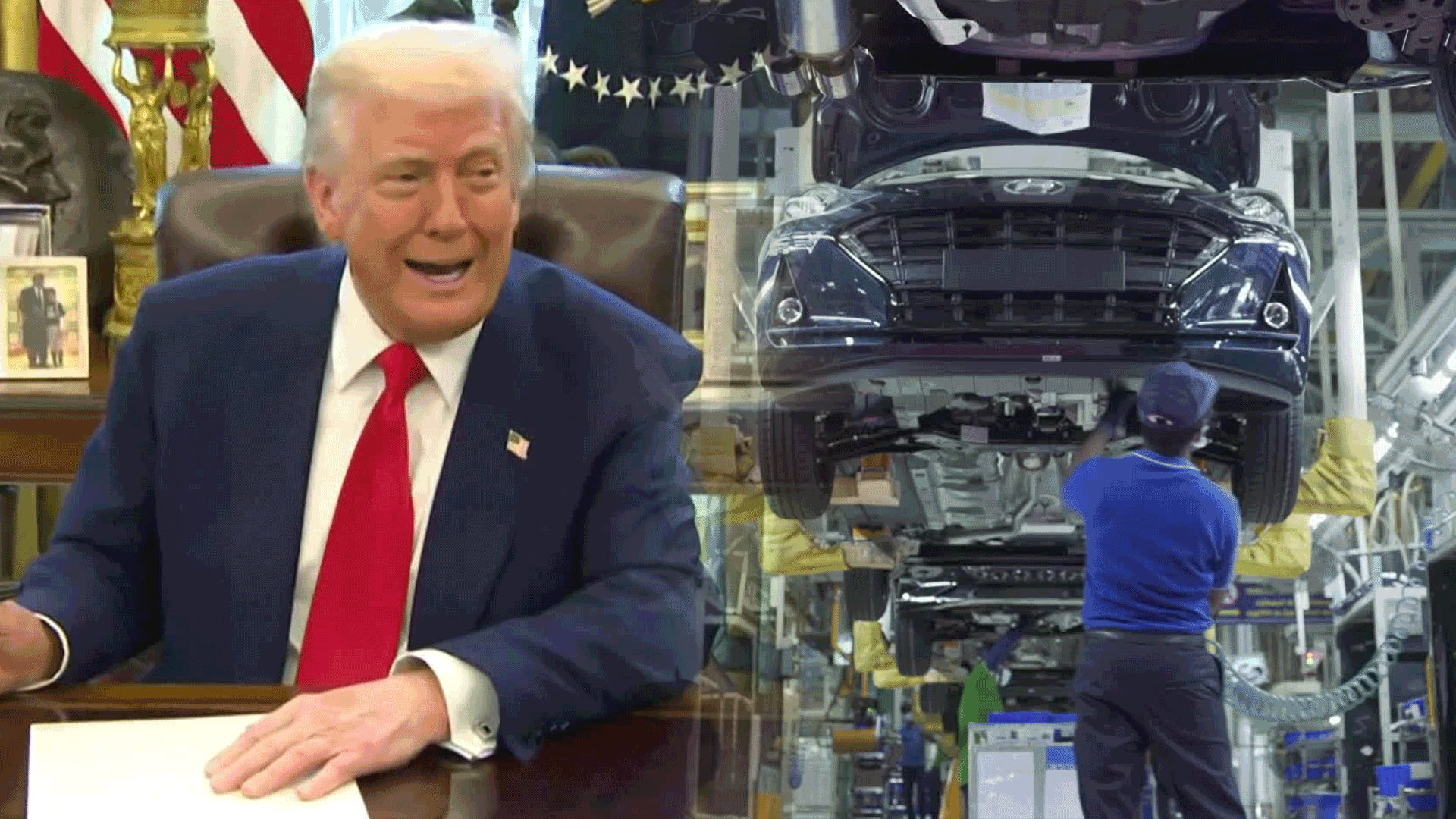
[Anchor]
The U.S. reciprocal tariff exemption period will expire in just over ten days.
However, the White House has indicated that this deadline may be extended.
This is due to sluggish negotiations with counterpart countries.
Kim Kyung-soo reports from Washington.
[Report]
The United States has set the reciprocal tariff negotiation deadline for next month on the 8th, but negotiations with the European Union and Japan, except for the UK, are not progressing.
If reciprocal tariffs of several dozen percent by country are not to be applied as they are, it is a reality that the remaining ten-day exemption period must be extended.
[Karoline Leavitt/White House Spokesperson: "Perhaps they could be extended. But that's the decision for the President to make."]
President Trump, who has the decision-making power, has also hinted at extending the exemption.
He has threatened to unilaterally announce reciprocal tariff rates if an agreement is not reached, but this seems to have a strong negotiating character.
[Donald Trump/President of the United States/On June 11: "I would. But I don't think we're going to have that necessity."]
Our country had previously agreed with the United States to resolve major tariff issues all at once before July 8, but high-level Korea-U.S. consultations have been delayed due to early elections and other factors.
[Yeo Han-goo/Head of Trade Negotiation Headquarters, Ministry of Trade: "I think you won't need to use the term 'July package' (July comprehensive agreement) anymore. The current situation in the U.S. is also very variable."]
Yeo Han-goo, who is leading the tariff negotiations for the new government, is visiting Washington this week to convey demands such as the reduction of tariffs on automobiles, which are major export items.
In the meantime, the U.S. Department of Commerce has begun work to expand the scope of automobile parts subject to a 25% tariff.
Our parts manufacturers, who are already paying additional tariffs on automobile parts exported to the U.S. such as engines and transmissions, will inevitably face increased cost burdens if the number of tariff-imposing items increases.
This is Kim Kyung-soo reporting for KBS News from Washington.
The U.S. reciprocal tariff exemption period will expire in just over ten days.
However, the White House has indicated that this deadline may be extended.
This is due to sluggish negotiations with counterpart countries.
Kim Kyung-soo reports from Washington.
[Report]
The United States has set the reciprocal tariff negotiation deadline for next month on the 8th, but negotiations with the European Union and Japan, except for the UK, are not progressing.
If reciprocal tariffs of several dozen percent by country are not to be applied as they are, it is a reality that the remaining ten-day exemption period must be extended.
[Karoline Leavitt/White House Spokesperson: "Perhaps they could be extended. But that's the decision for the President to make."]
President Trump, who has the decision-making power, has also hinted at extending the exemption.
He has threatened to unilaterally announce reciprocal tariff rates if an agreement is not reached, but this seems to have a strong negotiating character.
[Donald Trump/President of the United States/On June 11: "I would. But I don't think we're going to have that necessity."]
Our country had previously agreed with the United States to resolve major tariff issues all at once before July 8, but high-level Korea-U.S. consultations have been delayed due to early elections and other factors.
[Yeo Han-goo/Head of Trade Negotiation Headquarters, Ministry of Trade: "I think you won't need to use the term 'July package' (July comprehensive agreement) anymore. The current situation in the U.S. is also very variable."]
Yeo Han-goo, who is leading the tariff negotiations for the new government, is visiting Washington this week to convey demands such as the reduction of tariffs on automobiles, which are major export items.
In the meantime, the U.S. Department of Commerce has begun work to expand the scope of automobile parts subject to a 25% tariff.
Our parts manufacturers, who are already paying additional tariffs on automobile parts exported to the U.S. such as engines and transmissions, will inevitably face increased cost burdens if the number of tariff-imposing items increases.
This is Kim Kyung-soo reporting for KBS News from Washington.
-
-
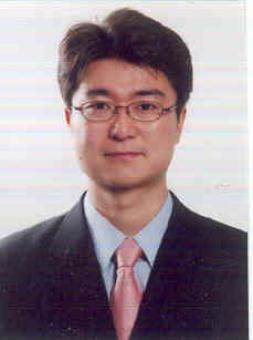
김경수 기자 bada@kbs.co.kr
김경수 기자의 기사 모음
-
이 기사가 좋으셨다면
-
좋아요
0
-
응원해요
0
-
후속 원해요
0










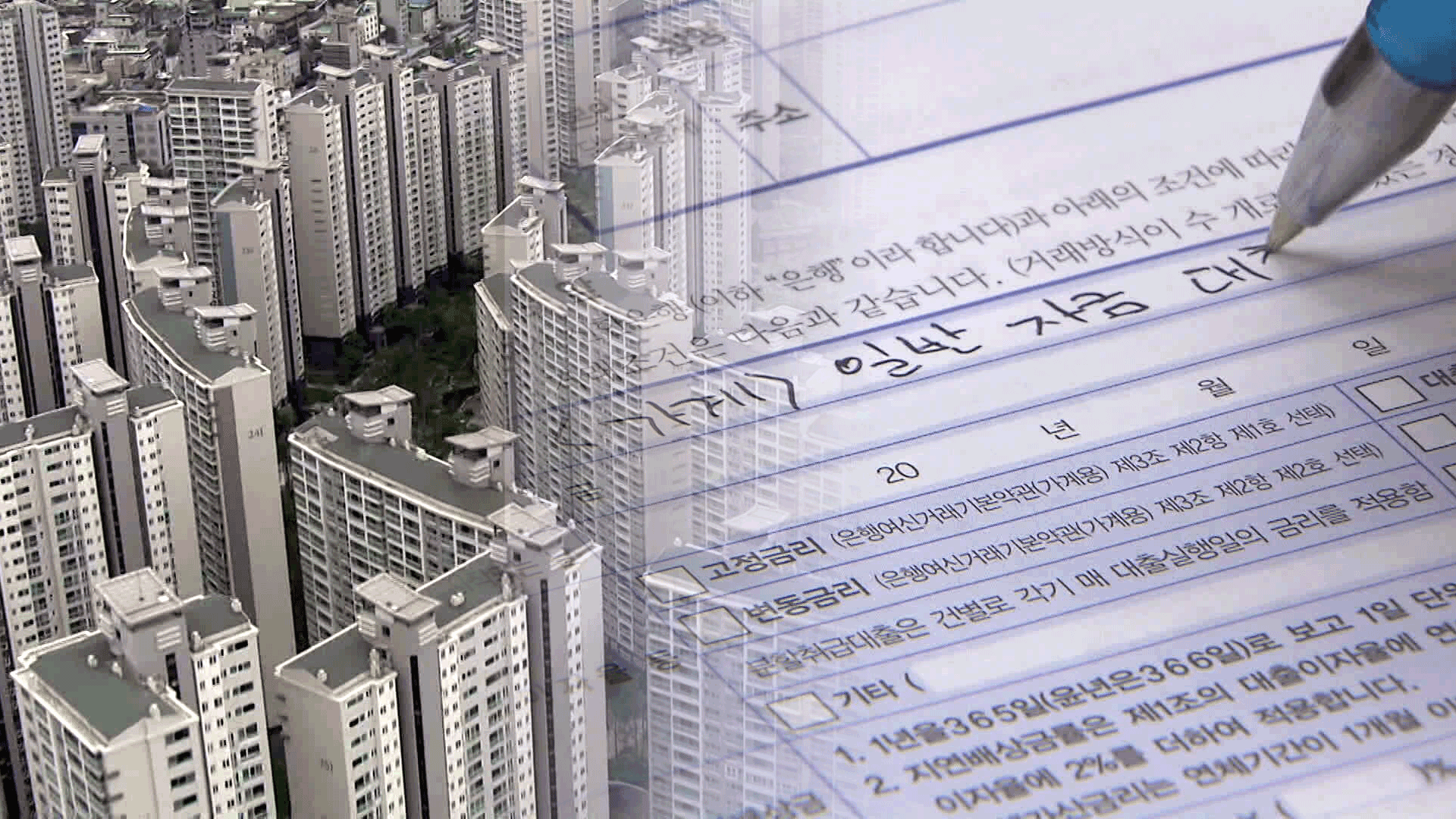
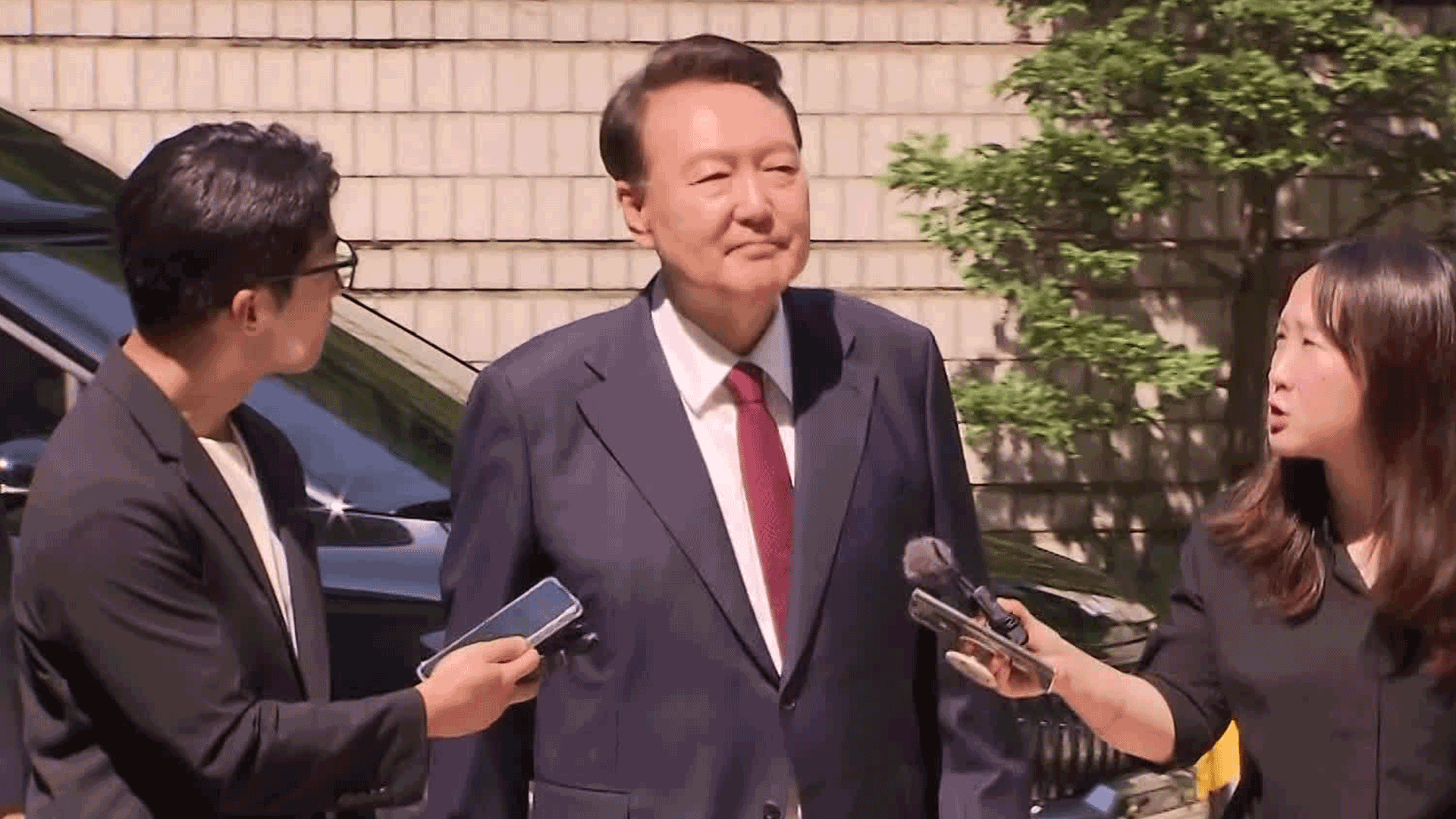
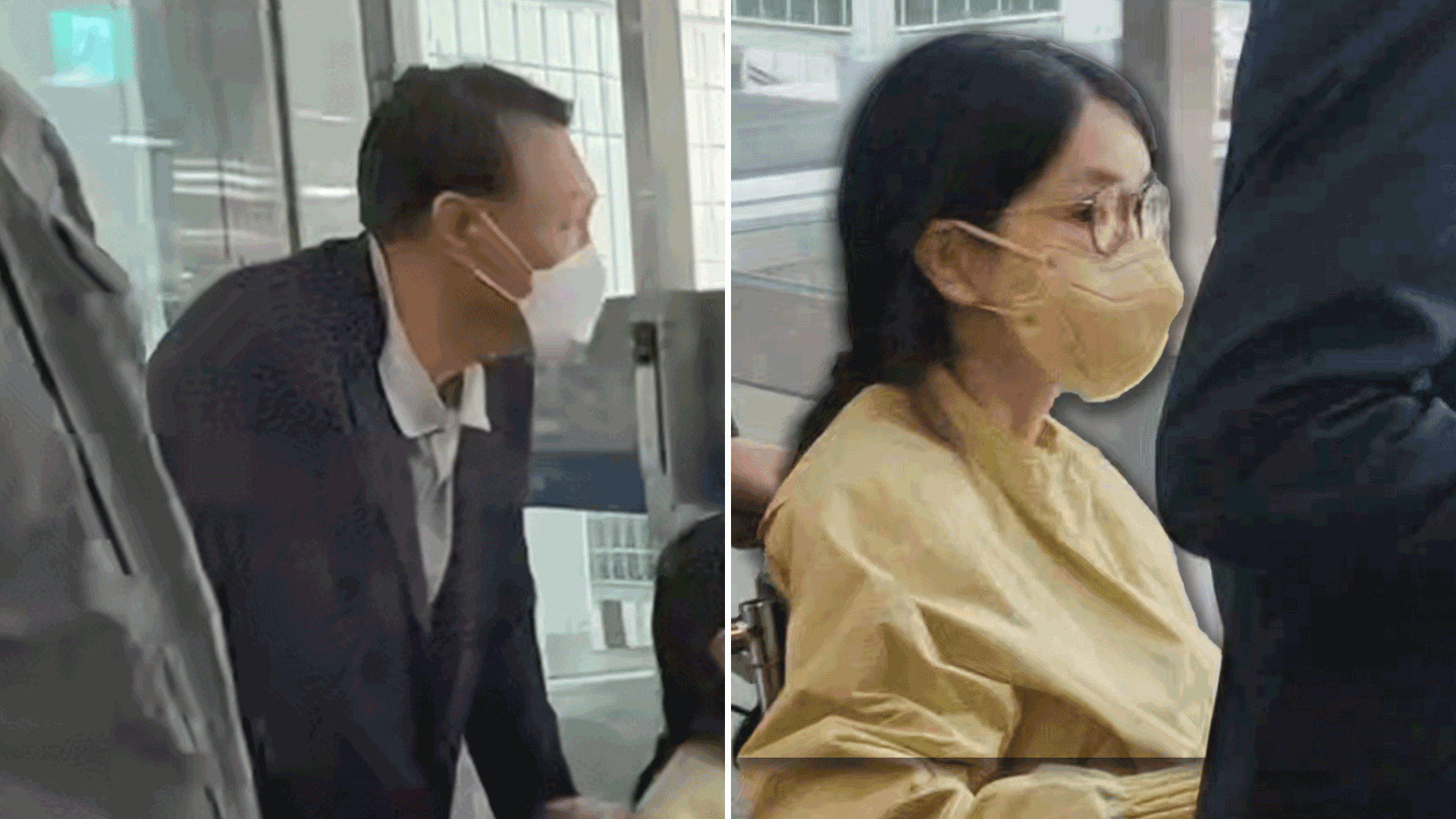


이 기사에 대한 의견을 남겨주세요.